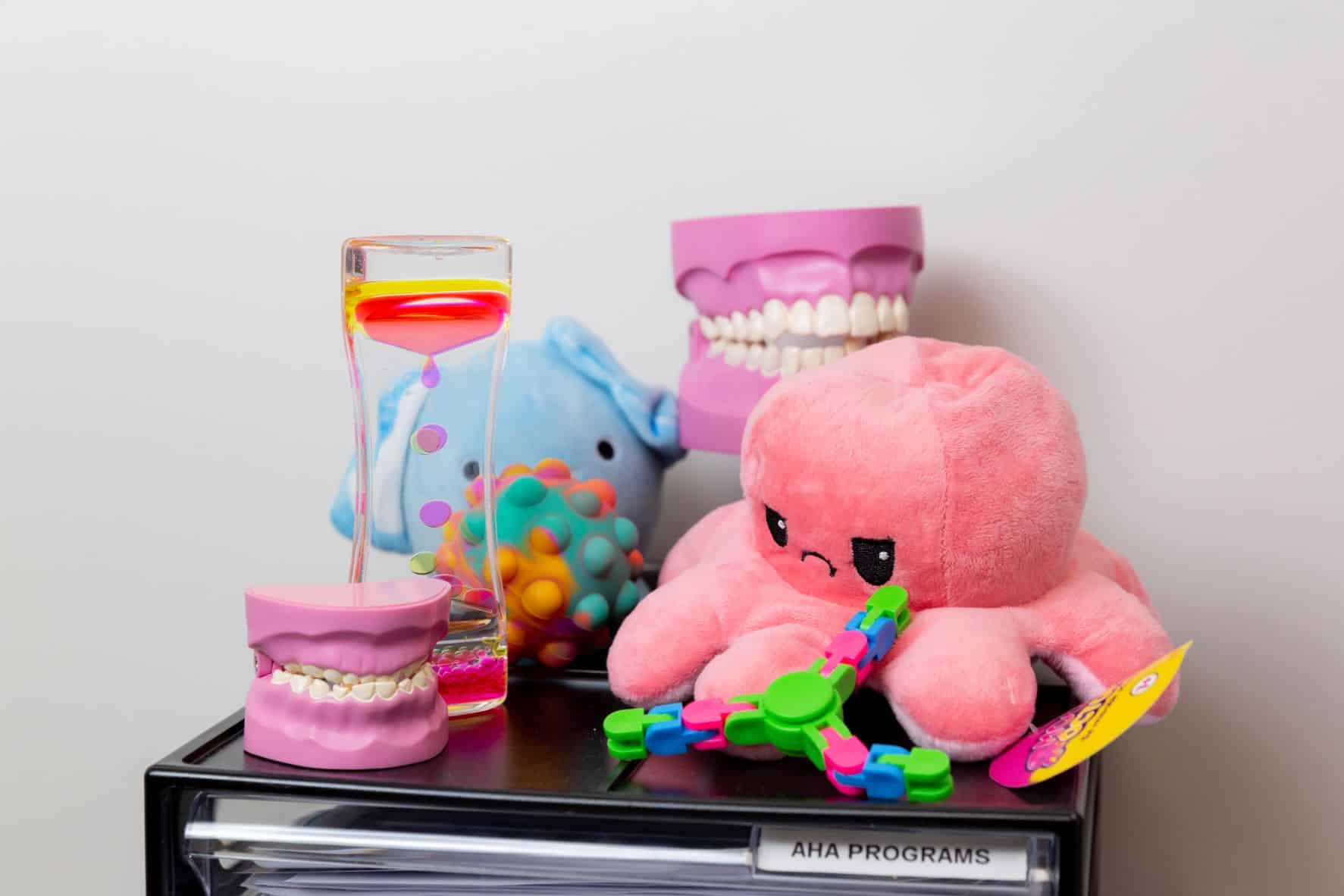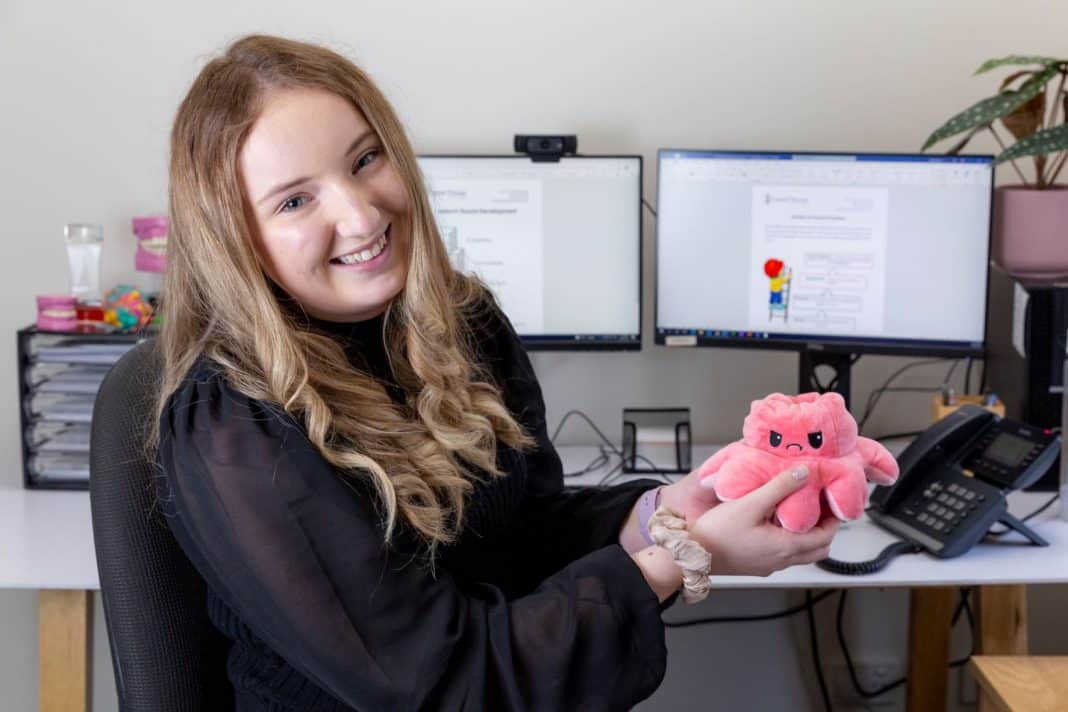Children love to mimic. It’s one of the main ways they learn; taking note of how people around them speak, move, and act, then recreating it.
So, what happens when children’s ability to learn from those around them is adversely affected? Many parents, carers, and educators are now having to face the aftermath of prolonged facemask usage over the past couple of years.
“Them being out in a school environment and not being able to see their teacher’s mouth, because kids are basically relying on you as a model to learn, it is really hard to learn when you don’t have that,” says Canberra-based allied health assistant, Chloe Pascoe.
Although mask mandates have been lifted, many people in the community and health and aged care sectors continue to wear them. The early years are vital for cognitive and social development, so for some, the damage may have already been done, Ms Pascoe suggests.
“If a child, when they are two and they can’t talk yet, their whole life has just been masks, they don’t know any different, so, there are huge long-term impacts because they’re not sure of what else there is, basically it’s all they know,” she says.
As a self-proclaimed extrovert, the idea of talking for a living spoke to Ms Pascoe, who is studying occupational therapy at university, as she was unable to do a speech therapy degree in Canberra.
“One of my friends lost her brother last year and she saw an occupational therapist and they really helped in terms of recovery, so that was when I applied [for university],” she says.
Ms Pascoe says even before the pandemic, people were becoming more aware of speech sound disorders, autism, and other diagnoses, and the demand for speech therapy is now greater than ever.
“The impact of Covid has been mask-wearing, and facial recognition. Kids haven’t been in play centres and playgroups and doing their normal activities, so they are really impacted in terms of their development,” she says.

The clinic where Ms Pascoe works has a focus on speech sound disorders and early language. They mostly treat children aged up to around eight (some are older), who may have started talking later than most, or stutter, and they provide early intervention for speech and language. As Ms Pascoe is still a student, all her clients are overseen by one of the speech therapists who writes the plans for her to implement.
Identifying the exact long-term impacts can be difficult as each child is different, she says. The clinic sees a variety of cases who require work on different speech sound targets. What their patients have in common is the requirement for early intervention; the longer an issue is left untreated, the more therapy is required.
“I had a client who is 13 and their severity is basically a habit they have had for the last 13 years. They are going to need intervention for a very long time; whereas if someone was to come in with a lisp at age five, that is going to help them in the long term. They are still learning, they are still a sponge, we can really change the processing,” she says.
However, she understands this can be hard to do when the medical industry as a whole is facing staff shortages.
“The waitlists are insanely long. It is really hard to push for that when parents are calling us, panicked because their child isn’t speaking. They can’t get them into an OT or speech therapist for 12 to 18 months,” she says.
By contrast, Ms Pascoe says the clinic where she works has a waitlist of less than six months. Many of their clients come for assessment after parents have been told by teachers or daycare providers that their child may be delayed. They only accept patients if they can offer them a therapy place after the initial meeting.
“We don’t like the idea of someone coming in, being assessed, and being told everything that is wrong with their child and being put back on the waitlist,” she says.
Information on speech milestones can be found at speechpathologyaustralia.org.au
Get the latest news, sport, entertainment, lifestyle, competitions and more delivered straight to your inbox with the Canberra Daily Daily Newsletter. Sign up here.



